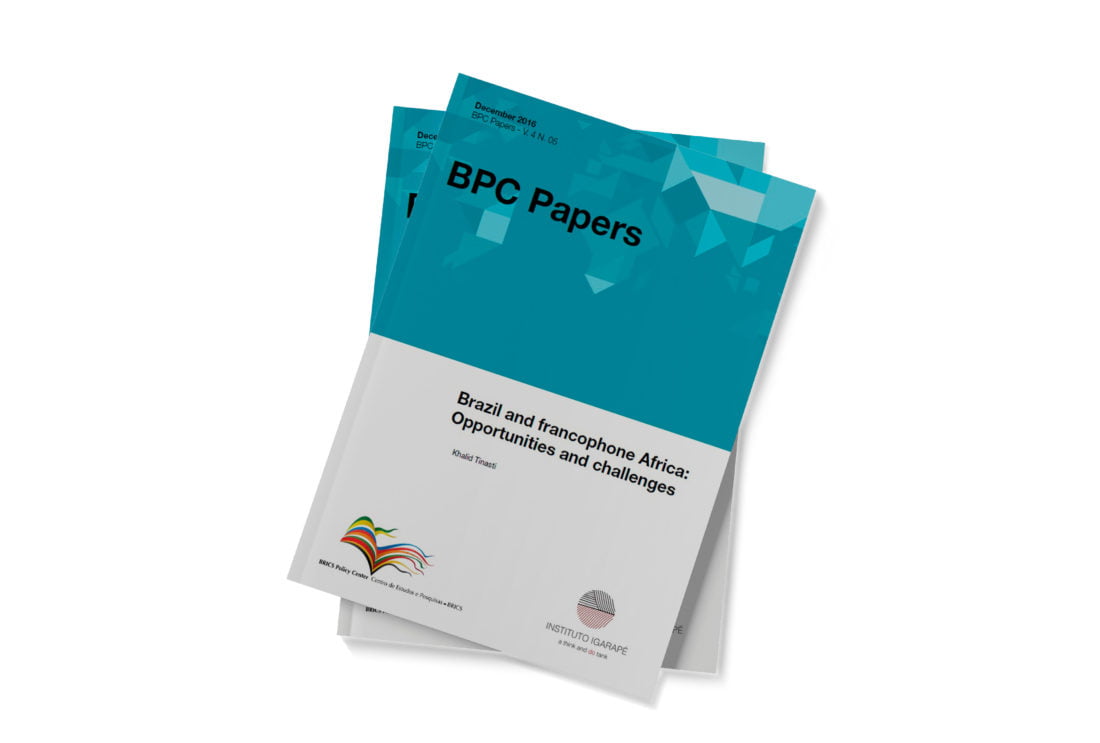
Brazil and francophone Africa: Opportunities and challenges
The diplomatic efforts made by Brazil towards Africa in the last decade focused mainly on Portuguese-speaking countries, but represent the importance the continent is given within the foreign policy of the world’s 9th economy. The connection between Brazil and Africa goes beyond new markets, rocketing growth rates and abundant raw materials, but is based on historic and cultural roots since the South Atlantic shares a long cultural and multifaceted common history of migration, trade and security issues.
Brazil has important historical and cultural ties to the francophone part of the continent, from which slaves were sent to the Brazilian coasts (from Dahomey). Francophone Africa is not a homogeneous group of countries, yet it shares the same currency (the Franc CFA), the same language and, to some extent, the same uneasy relationships with its former colonial power, France. From this perspective, Brazil’s role as a progressive Southern country gives these countries a vies of an emerging power and a potential new partner that takes their interests into account.
This paper aims at examining how francophone Africa presently perceives Brazil’s ambitions in light of the current and past economic, political and diplomatic relationships. It identifies the opportunities the two counterparts represent for each other. The paper analyzes the shared history of francophone Africa and Brazil, from Lula’s offensive on Africa to Rousseff’s initiatives, but also a historical look at the emigration of Afro-Brazilians back to Dahomey and other West African countries in West-Africa. It addresses geopolitical interests and opportunities common to both Brazil and francophone Africa, and how South-South cooperation is constructed to defend both counterparts’ interests. It also highlights the deteriorating relationship between France and francophone Africa, to give the reader a sense of the opening spaces and the convulsions of the system called “Françafrique”. Finally, it analyses the economic potential of francophone Africa as a whole, and how Brazil is taking advantage (or not) of the space created by the steady withdrawal of France and the extent to which Brazil is competing with BRICS.
Download

